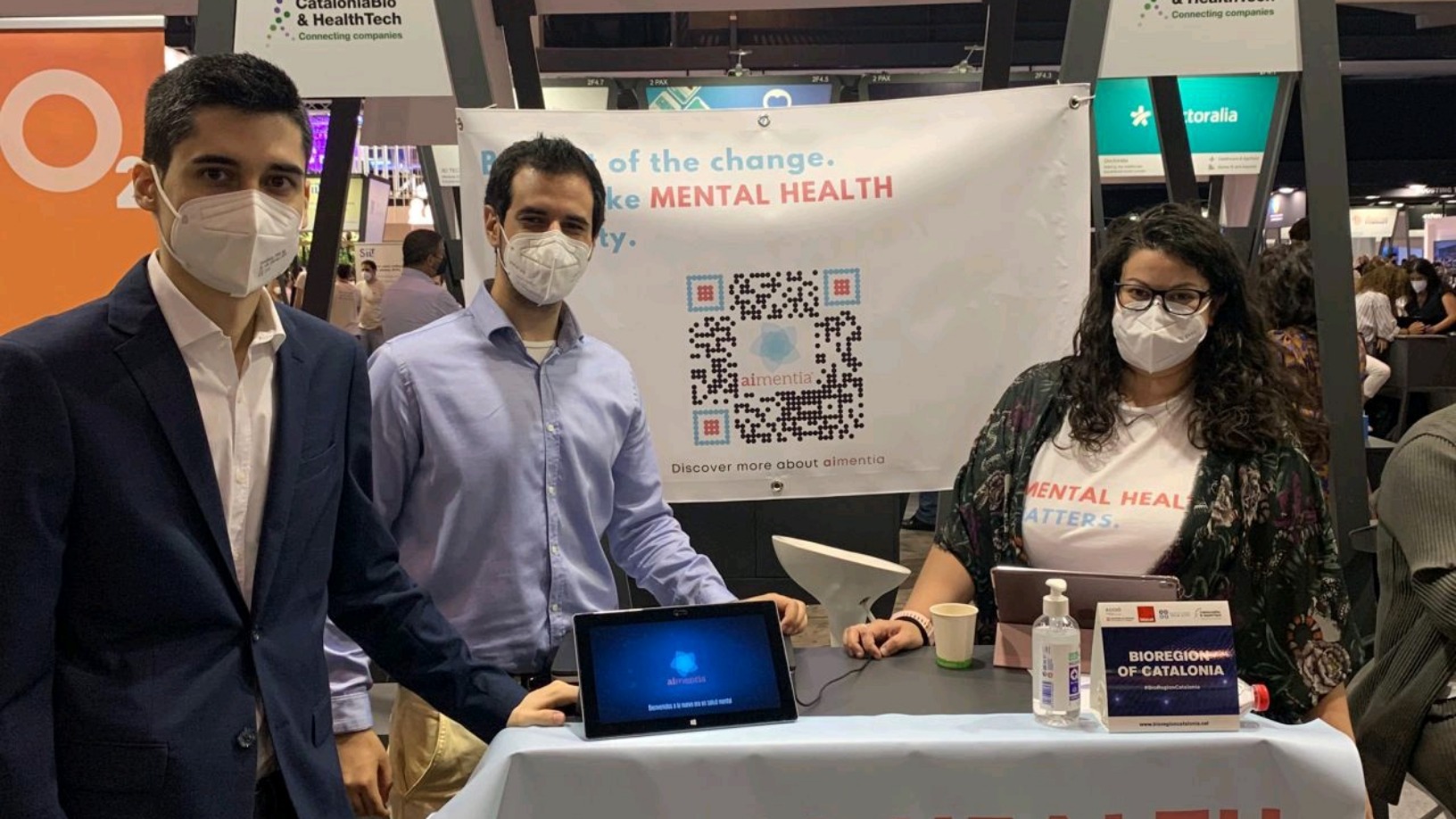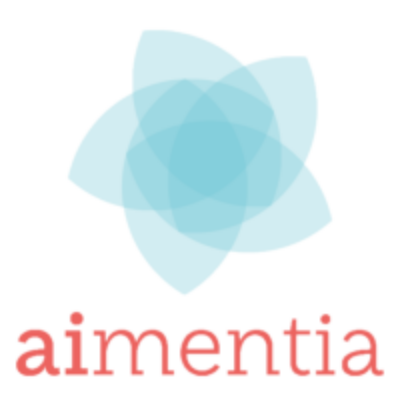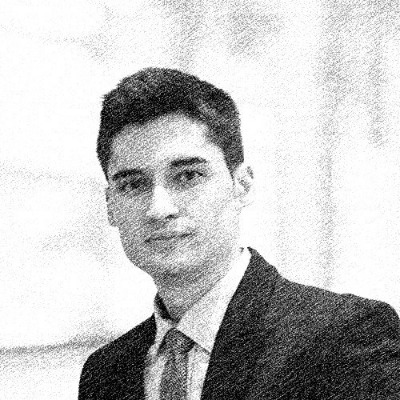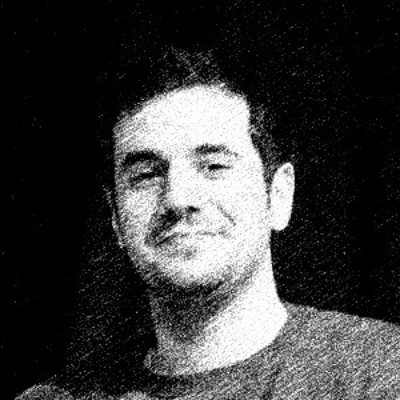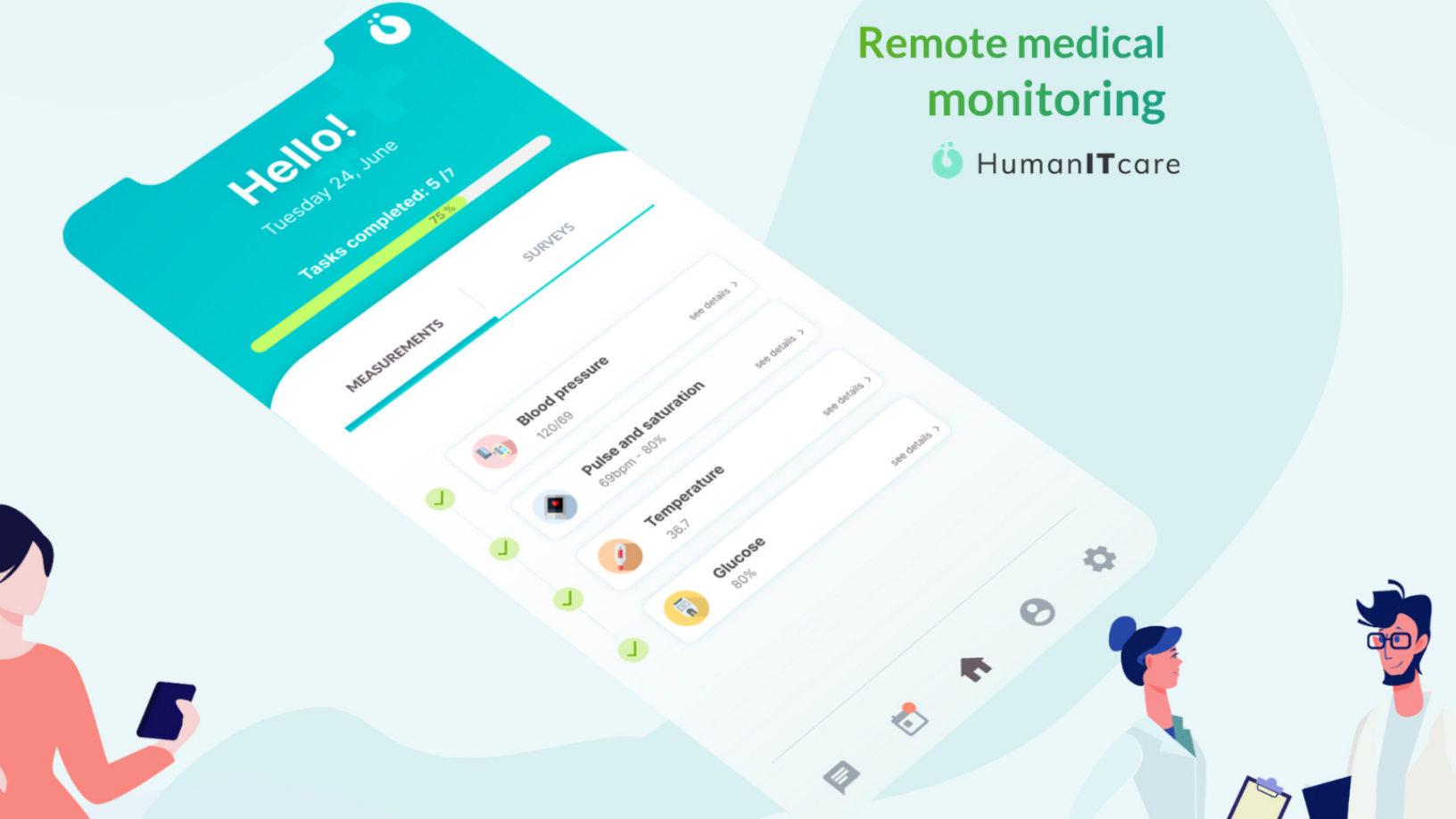In the field of mental health care, where misdiagnosis affects more than half of the patients with major illnesses such as depression and bipolar disorder, Aimentia says its AI virtual clinic and data bank in a SaaS for professionals can improve diagnosis accuracy to up to 90%, as well as reduce diagnosis time and therapy abandonment.
Edgar Jorba and Eric Mourin founded Aimentia in June 2019, after realizing that mental health professionals were still working the old-fashioned way, relying on out-of-date questionnaires and without access to digital diagnosis and treatment tools. As a result, the sector lacks standardization and misdiagnosis is all too common.
Both were postgraduate students at the Open University of Catalonia. Jorba, now Aimentia’s CEO, was researching the lack of mental health digitalization at a Barcelona hospital, while Mourin, who helms the startup as CTO, was a former researcher in a World Health Organization data project.
“I saw for myself the long wait lines, the misdiagnosis, having friends and family who have had to seek help," Jorba said in an interview after 4YFN, the Mobile World Congress’s startup event, in June 2021. “Seeing the lack of resources and innovation, it made me determined to improve the processes and stop the use of the obsolete systems in Spain.”
Aimentia's SaaS is currently used by more than 250 psychiatrists, therapists and other mental health professionals across Spain, including at Hospital Clinic Barcelona and Hospital Sant Joan de Déu, as well as by medical insurers, universities and research centers. At present, its e-clinic is where practitioners meet their patients for online consultation in the most in-demand mental health areas of consultation: anxiety, depression, suicidal thoughts, bipolar disorder, phobias and panic attacks.
The Barcelona-based startup launched its virtual clinic in the first quarter of 2020 during the onset of the Covid-19 pandemic. It turned out to be a long, challenging period for Spain as it became the worst-hit country in Europe during the first wave, together with Italy. A subsequent nationwide lockdown and prolonged restrictions combined to weigh further on the population, sparking an explosion in mental health issues and the need for support. Aimentia saw usage of its SaaS by trial users increase fivefold within a few weeks.
“We decided to provide our services free-of-charge to medical professionals who were really stressed and suffering mentally and provided round-the-clock psychological help,” Jorba said.
Data, dashboards, 24-hour access
Despite the boom in medtech, until now, the field of mental health care has been “largely limited to therapy marketplaces and chatrooms with no quality control,” Jorba said. Aimentia was created to offer a more effective and reliable tool for standardized diagnosis and treatment.
Not only an online meeting space, its virtual clinic provides a suite of resources for both psychology and psychiatry professionals and their patients to facilitate remote assessment, personalized treatment and follow-up. It also provides a dashboard with extensive data and analytics for practitioners.
Each professional treats an average of 15–30 patients on Aimentia’s platform. Their data gets anonymously added to further refine assessment and testing, making Aimentia one of the biggest mental health research projects ever conducted in Spain.
It uses AI to boost and scale assessment via patient questionnaires and gamification, as well as in the analysis of resources outside of therapy sessions, such as patients’ diaries – freeing up more time for practitioners to devote to patients. Importantly, patients can access Aimentia as and when they need the support, impossible with in-person therapy. For business customers like Hospital Clinic Barcelona, assessing patients remotely allows them to save time and prioritize services, fast-tracking those identified as most in need.
“The platform permits professionals to be more precise and to recognize more quickly what is up with the patient using less resources,” Jorba said.
Aimentia complies fully with the EU’s GDPR. For each patient, data relating to the treatment by a professional is not anonymous; their data is also available to any other professional treating them. But all collected data becomes anonymous when compiled with other data in the data bank to be used as a shared resource.
Standardization is key
In February 2021, an article in the top medical journal The Lancet identified at least 280 instruments to identify depression alone and “ambiguity and vagueness in the definition and validity of mental health conditions.”
By standardizing what has been highly disparate mental health assessment, Aimentia says, in just two years, it has succeeded in slashing diagnosis time by 80% and patient abandonment of therapy by 43%, on top of improving the levels of accurate diagnosis to those of physical medicine.
With standardization as its aim, Aimentia introduced a native symptom-based and non-clinical classification system when building its platform. This would allow for the comparison of data independently of its source, whether it came from symptom reports, patient questionnaires or virtual chats.
Using its symptom-based methodology, Aimentia has speeded up the process of collating critical amounts of data on its priority pathologies by fivefold.
“[In current practice], links between different sources of data, especially non-clinical ones, are being lost because there has been no way to recognize nor categorize them together to identify why you get different outcomes with the same medicine or therapy,” Jorba said.
This standardization deficit was clearly demonstrated during the pandemic. “Patients diagnosed with depression started to have more symptoms that are not in the medical protocols or manuals," Jorba recalled. "Still, we included them within our diagnostics within two to three months. Normally it's a six- to seven-year wait before they appear in an official medical publication and then come into application.”
AI to scale services
Aimentia also uses AI in patient assessment, throughout relevant activities such as virtual chats and questionnaires; in patient treatment to reduce the number of questions asked to identify a pathology; and to personalize questions and content. Crucially, AI combined with Aimentia's inputting system permits more effective treatments for patients based on real symptoms experienced, and not on rigid clinical data.
“There is also extensive use of algorithms in the practitioner's analytics dashboard to make diagnostic suggestions via a virtual assistant to reduce error and increase the efficiency of the therapist,” Jorba said. Data is automatically collected from all patient interactions and the professional's notes.
Automation also comes into play in post-therapy follow-up, where Aimentia alerts the mental health professional if any negative tendency is identified in patient content, such as diaries, and patients are encouraged to continue with activities and interaction via the app, helping to prevent relapses. The startup stresses that its platform provides professionals with tools to support diagnosis, and cannot be used without expert supervision to arrive at a diagnosis.
With a data team of four, the startup also included all data from Jorba's research posts from between 2016 and 2018. Data from the SaaS is added automatically to the platform every two weeks, meaning real-time changes in disorders or the population, such as those during the pandemic, are quickly recorded, further improving accuracy.
Apart from making the app free of charge for patients, Aimentia has chosen to set a lower-than-usual all-inclusive monthly rate of €75 per professional customer, regardless the number of patient users.
“Other purely administrative mental health services platforms charge €150–200 per month, but we want to ensure that our services are available to the most users possible as the sector is crying out for,” Jorba said. “Our objective is to become the global digital reference for mental health … allowing quality mental health services to be available to as many people as possible.”
The virtual clinic is currently available in English, Spanish and Catalan. Only commercially launched in Spain to date, Aimentia is currently running a pilot in Germany and aims to launch commercially in the EU in 2022. It has already begun organic expansion by demand in Spanish-speaking Latin American countries, including Chile, Argentina and Colombia.
To date, Aimentia has been bootstrapped by its co-founders and received innovation grants from the Catalonian government. It also recently completed the first part of its pre-seed funding, securing €650,000 from unnamed angel investors, with the second part to be raised later in 2021. The company has also applied for regulatory approval under the EU Medical Devices Regulation, as well as for innovation funding from the European Commission of up to €6m.
